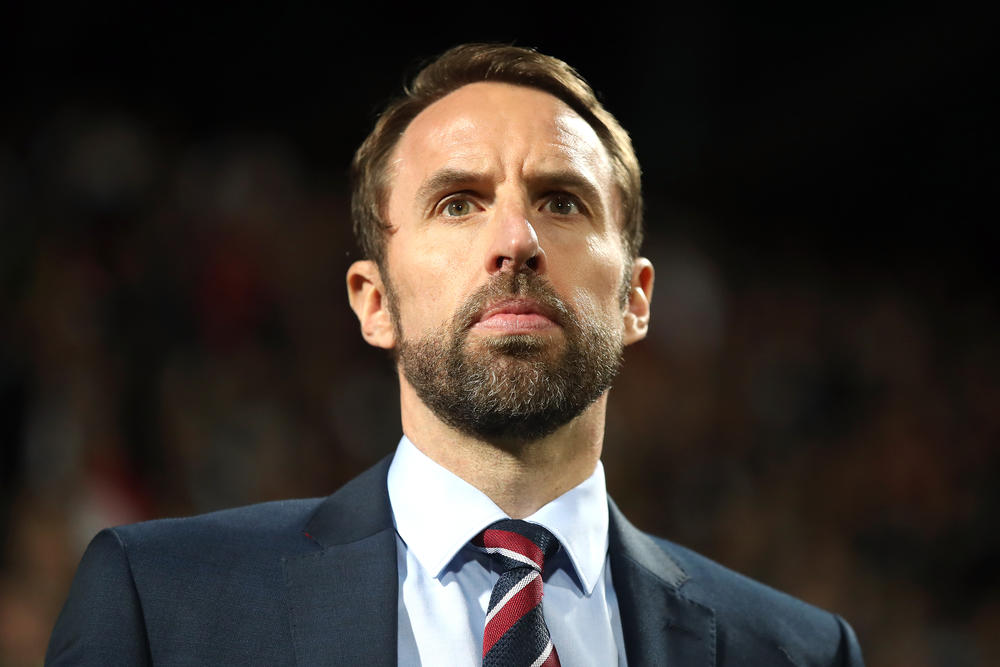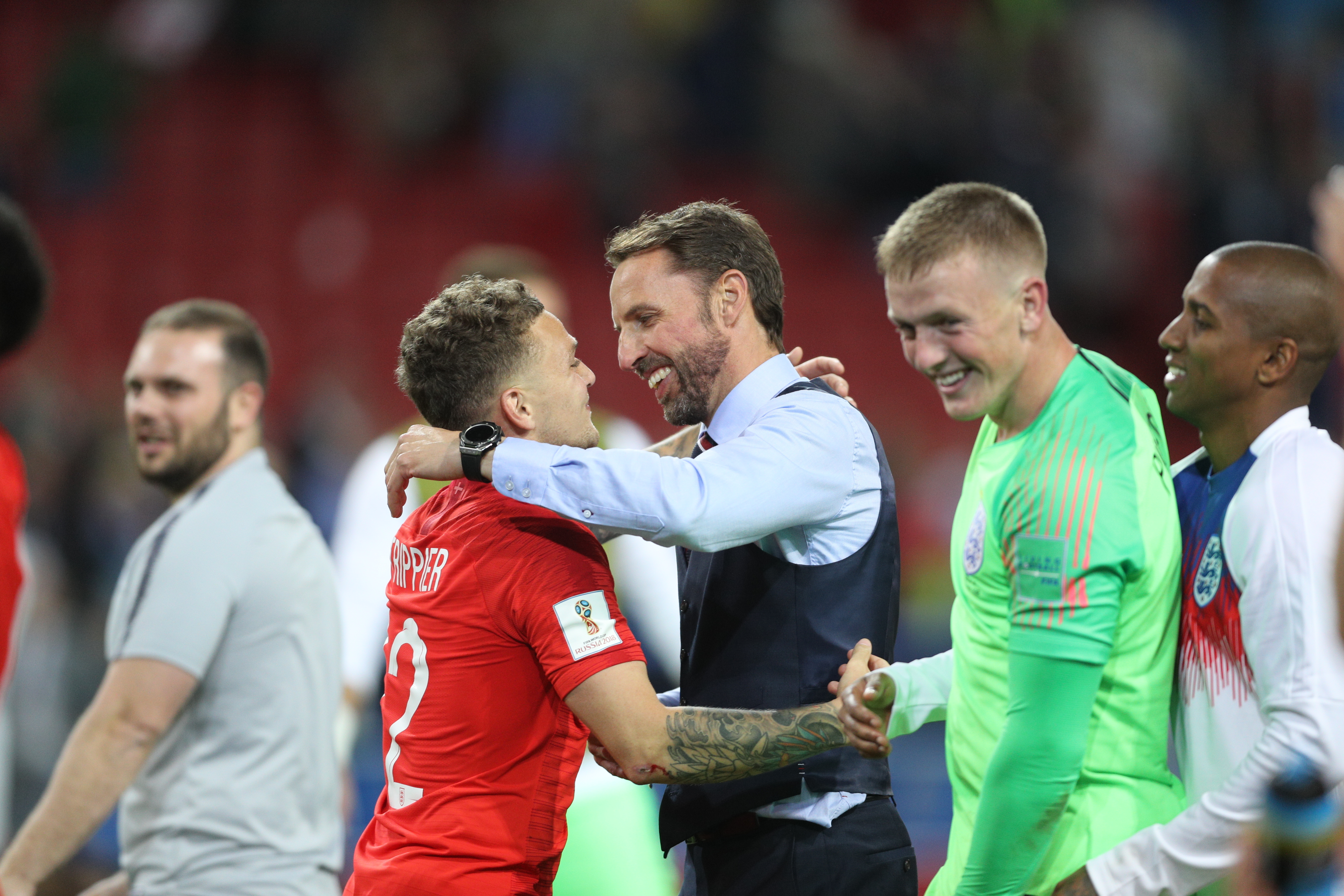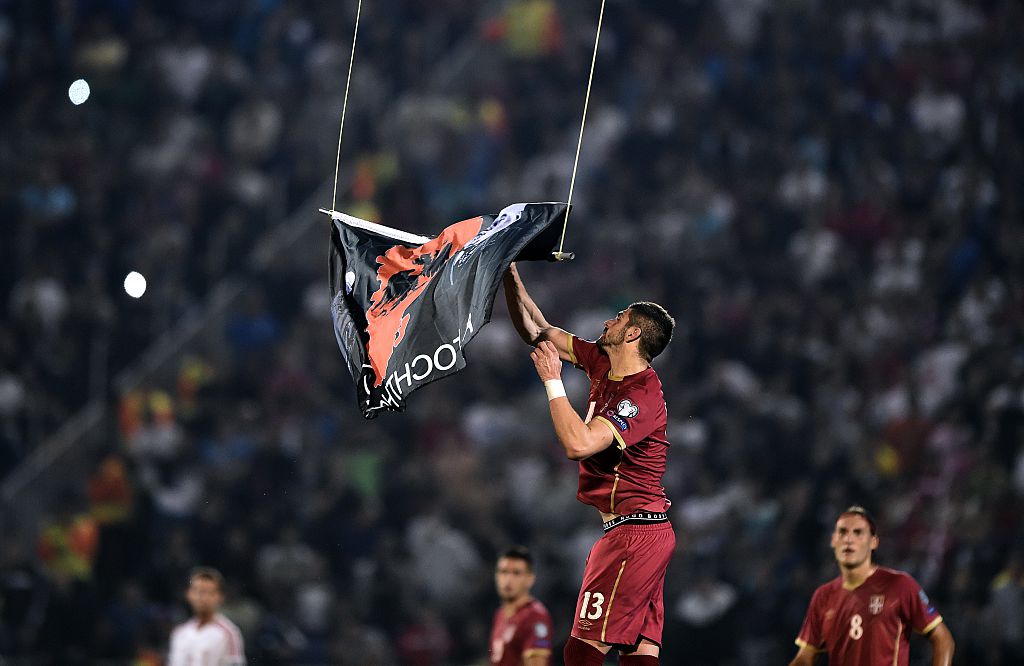Fewer options mean Southgate feels the frustration

Gareth Southgate has underlined the need for change after the number of English top-flight starters reached a historic, and alarming, new low.
The Three Lions are preparing for the inaugural Nations League Finals having reached the World Cup semi-finals last summer, while the development sides have enjoyed sustained success in recent years.
But improving talent is being stymied by a lack of top-level opportunities.

English-qualified players made up just 30 per cent of starters in the Premier League during the 2018-19 season, having dropped from 33.2 per cent the previous campaign and reached the lowest figure in top-flight history.
“There’s a clear diminishing number there,” manager Southgate said.
“There’s some discussion around developing players that is important. There’s some discussion around work permits moving forwards which might affect some of that.
“The first thing we’ve got to do is arrest the slide. We have to stop that graph slipping.
The best features, fun and footballing quizzes, straight to your inbox every week.
“Because it isn’t correct to say we’re not developing good players. I think that’s really important.”

Southgate is not one for sweeping statements but his need to protect national team interests is understandable, especially considering just 19.9 per cent of the top-six’s starters were English-qualified players.
“The big concern for me is this graph continues to fall away and that we end up in 10 years’ time with an England manager who has got 15 per cent of the league,” he said with a wider view.
“And why wouldn’t that happen? Because it has dropped 15 per cent in the last seven or eight years, so there’s no sign of that being arrested because more money coming in, global market. That is a big danger for us.”

Brexit could provide an opportunity to help improve English opportunities, with the Football Association having proposed a way to increase homegrown playing time while ensuring the Premier League remains at the top.
The proposal would allow the league to sign the best players in the world, rather than the restrictive work permit system currently in place but keep the number of non-homegrown players at the current level of around 260.
That would mean having a maximum of 13 non-homegrown players per club – a plan which would certainly help bridge the gap that is growing.
Southgate added: “Brexit is offering an opportunity because there will have to be change.

“If Brexit happens, there will have to be change – whether people want it or not – around work permits.
“It won’t be freedom of movement for European players, so that landscape will change.
“I think the proposals that the FA have put forward have tried to balance keeping the success of the Premier League and recognising that is a product that works for us as a country.
“But we saw 40-odd million people or more enjoying last summer and the impact of the national team as well and what that can bring.

“We are trying to achieve something that not many other countries have had: a successful league and a successful national team. That’s a huge challenge.
“But I think the proposals that have been put forward have said ‘look, there’s a certain level of players that we think it shouldn’t go any further (than) and there’s got to be change so let’s have this grown-up conversation about it’.”
The FA is working with the Premier League, EFL and a range of government departments during this consultation period, which comes at a time when Southgate is keen to build from a position of strength.
He added: “I understand completely that each of the Premier League clubs is a business in its own right, with its own aims and objectives that won’t necessarily align with what the national association want.

“But our job as a governing body must be to protect the interests of both – to protect the interests of the club game but to give the national team and its importance for our people the right level of support and opportunity to succeed.
“And I think that is possible. I think you can have a successful league and a successful pathway for the national team.
“That needs grown up conversations and I think there are a lots of good people in football who are more than capable of having that – and the more we can be joined up it’s a really powerful force.”
FourFourTwo was launched in 1994 on the back of a World Cup that England hadn’t even qualified for. It was an act of madness… but it somehow worked out. Our mission is to offer our intelligent, international audience access to the game’s biggest names, insightful analysis... and a bit of a giggle. We unashamedly love this game and we hope that our coverage reflects that.

